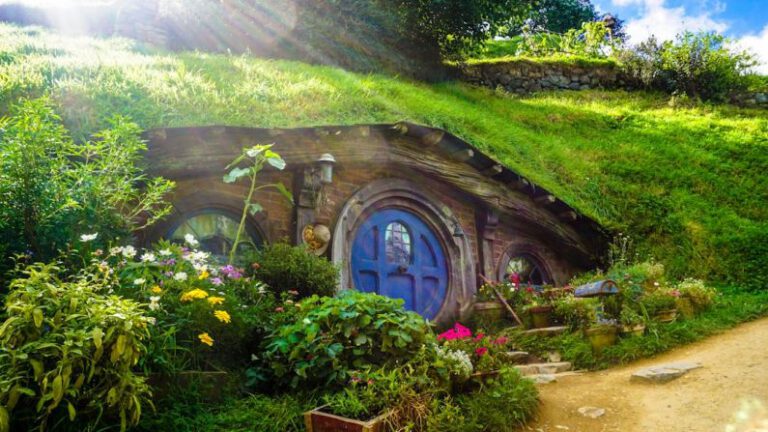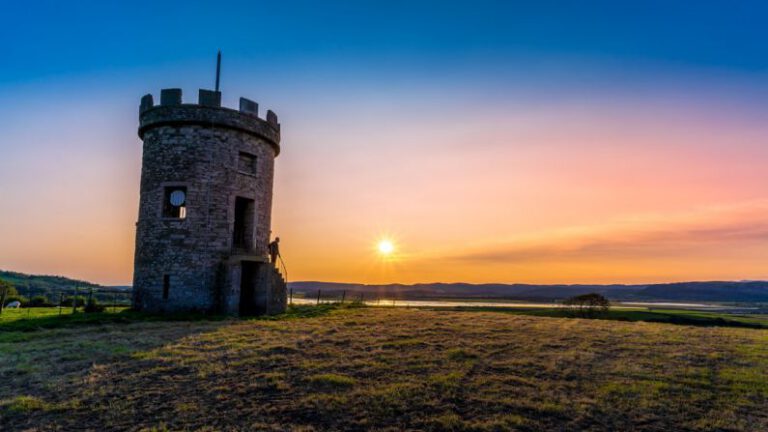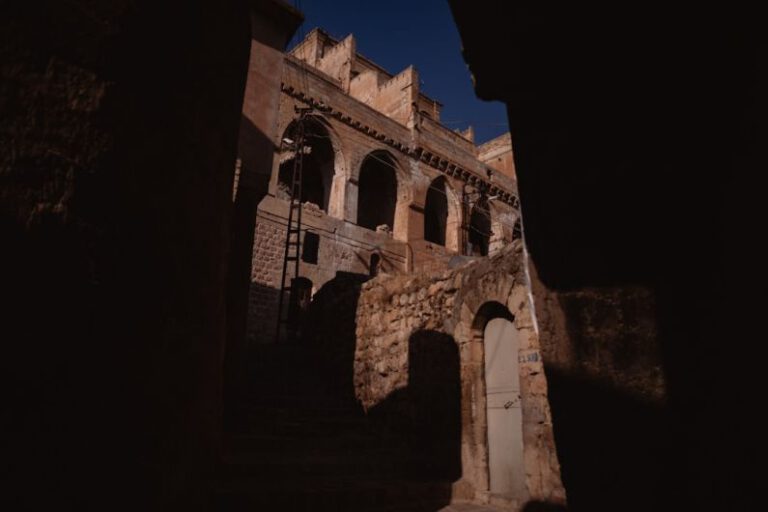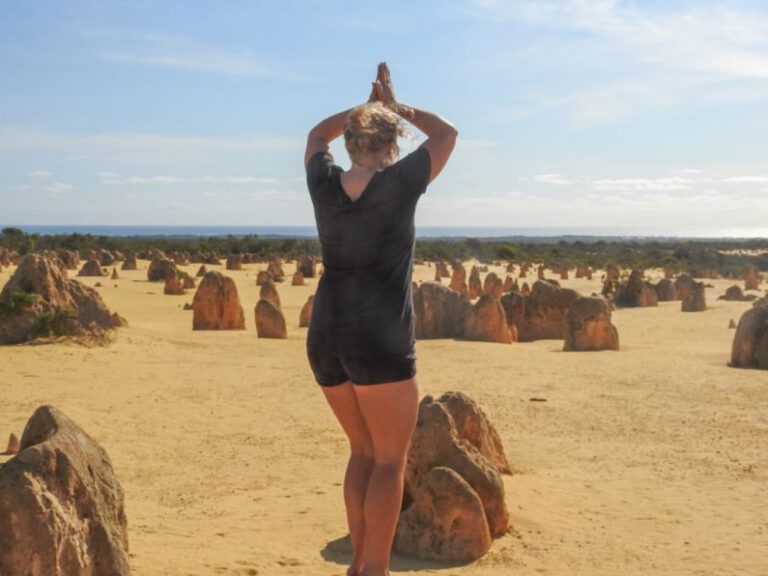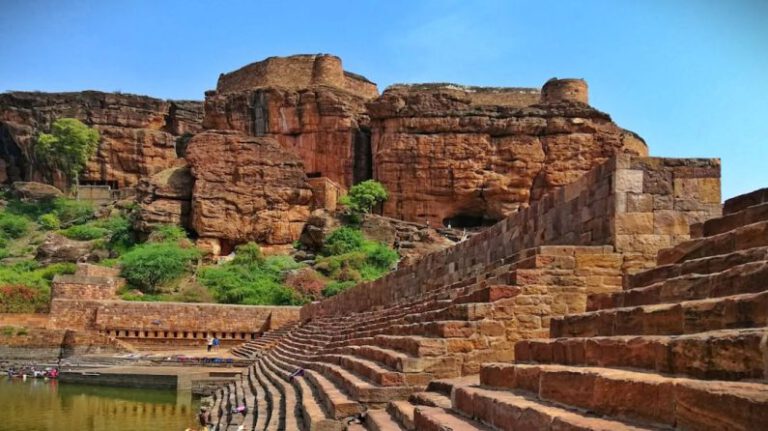Who Knows the Tales of the Auschwitz Concentration Camp, Poland?
History is a vast tapestry woven with the stories of humanity’s triumphs, tragedies, and everything in between. Among these narratives, few are as harrowing and poignant as the tales of the Auschwitz Concentration Camp in Poland. This infamous site stands as a stark reminder of the horrors of the Holocaust, where millions of lives were lost in the pursuit of hate and ideology. But who truly knows the tales of Auschwitz? Let’s delve into the depths of this dark chapter in history and explore the stories that continue to resonate with us today.
**The History of Auschwitz**
Auschwitz, located in southern Poland, was a complex of concentration and extermination camps established by Nazi Germany during World War II. It was the largest of its kind, comprising three main camps: Auschwitz I, Auschwitz II-Birkenau, and Auschwitz III-Monowitz. The camp was a key site in the implementation of the “Final Solution,” the Nazi plan to exterminate the Jewish population of Europe.
**The Inmates of Auschwitz**
Among the millions who were imprisoned at Auschwitz, the majority were Jews, but there were also Poles, Romani people, Soviet prisoners of war, and individuals of other nationalities. The conditions in the camp were deplorable, with overcrowding, malnutrition, forced labor, and systematic extermination through gas chambers and other means. The stories of survival and resilience among the inmates are a testament to the human spirit’s ability to endure even in the face of unimaginable suffering.
**The Liberation of Auschwitz**
On January 27, 1945, Soviet troops liberated Auschwitz, bringing an end to the atrocities committed within its walls. The true extent of the horrors discovered by the liberators shocked the world and solidified Auschwitz’s place in history as a symbol of the Holocaust. The survivors who emerged from the camp carried with them stories of loss, survival, and the enduring trauma of their experiences.
**Remembering Auschwitz**
In the decades since its liberation, Auschwitz has become a symbol of remembrance and a site of pilgrimage for people around the world. The Auschwitz-Birkenau State Museum was established on the grounds of the former camp to preserve its history and educate future generations about the Holocaust. Visitors to the museum can see the barracks, gas chambers, and other structures that bear witness to the atrocities committed there.
**The Legacy of Auschwitz**
The tales of Auschwitz serve as a stark reminder of the consequences of intolerance, hatred, and indifference. The survivors who share their stories ensure that the memory of the Holocaust lives on, challenging us to confront the darker aspects of human nature and strive for a more just and compassionate world. By bearing witness to the past, we honor the victims of Auschwitz and reaffirm our commitment to never forget the lessons learned from this tragic chapter in history.
**In the Footsteps of History**
As we walk through the remnants of Auschwitz, we are reminded that behind every statistic, there is a story. The tales of Auschwitz are not just a distant memory but a living legacy that calls on us to remember, reflect, and act. Who knows the tales of Auschwitz? We all do, for they are etched into the fabric of our shared humanity, urging us to never forget the past as we navigate the complexities of the present and shape the future.
**Honoring the Memory**
As we pay tribute to the victims of Auschwitz, we acknowledge the resilience of the human spirit in the face of unimaginable adversity. The tales of Auschwitz may be difficult to hear, but they remind us of the importance of empathy, understanding, and standing up against injustice wherever it may arise. Let us carry forward the stories of Auschwitz as a beacon of remembrance and a call to action, ensuring that the voices of the past are never silenced and that the lessons of history continue to guide us toward a more compassionate and inclusive world.


